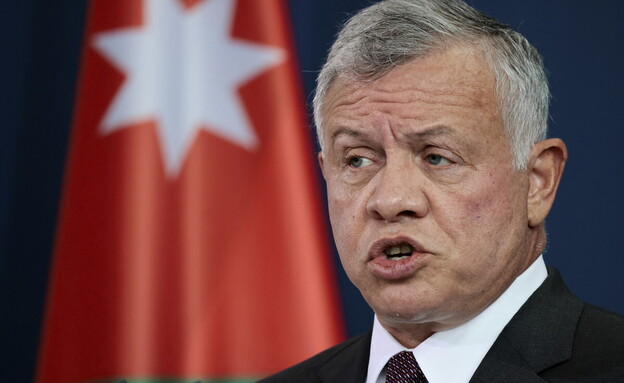Who has the right to vote in the elections in Jordan and who is running?
- 5,115,219 Jordanians have the right to vote out of about 11 million residents. Of which 47.4% are men and 52.6% are women, and about 46% of those who have the right to vote are young people under the age of 35.
- 1,634 candidates in total, of which 697 are in the general lists (of which 505 are men and 193 are women) in 197 local and general lists for 138 seats in the parliament.
- There are 18 local constituencies in the kingdom. The elections are held under the supervision of the Independent Election Commission.
The Muslim Brotherhood is trying to gain power
In the shadow of the public anger against Israel, the extremist Muslim Brotherhood who are running in the elections – are trying to take advantage of the situation to gain as much support and a significant foothold as possible. This is against the background of the war in Gaza and the celebrations in the streets of the Hashemite Kingdom, after the attack on the Allenby Bridge. The attempt of extremists to gain power expresses the effort to destabilize the kingdom and harm the relationship with Israel.
According to a Jordanian commentator in a major Arab media outlet, “Many parties are competing in the parliamentary elections in Jordan, especially on behalf of the opposition, which sees these elections as unfair and free.” The Jordanian commentator said: “The elections are a copy and renewal of the previous elections – but with a different character, because of the reform of King Abdullah II in 2022.”
The commentator also noted that “Parliament is going to be a distortion once again that is influenced by strong and extreme parties like the Muslim Brotherhood.” However, the commentator believes that the real power still lies with the kingdom.
The royal house is torn between the voices in the street and the need for stability
Against the background of the serious attack on the Allenby Bridge that stirred up the street in Jordan, King Abdullah II allows the residents to let off steam – with mass demonstrations of anger, burning of Israeli flags and shouts of praise for the spokesman of the military wing of Hamas, Abu Obeidah. At the same time, the Jordanian royal house is required to prevent the incident from getting out of proportion so that security stability is not harmed. This is due to Israel’s strategic ties with Jordan, which receives a significant amount of water and gas.
The two maintain extensive cooperation in the fields of security and intelligence, and Jordan plays an important role in maintaining security along the eastern border. The Jordanian Ministry of Foreign Affairs issued only a weak condemnation of the attack: “We emphasize the resolute position of the Jordanian kingdom that opposes and condemns violence and harm to civilians for any reason. We call for addressing all the circumstances and the escalation steps that led to this.”
